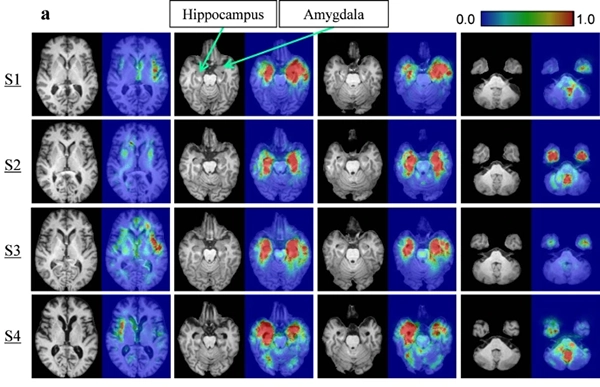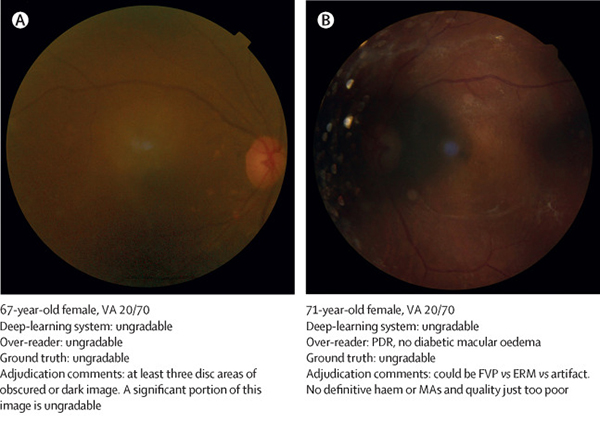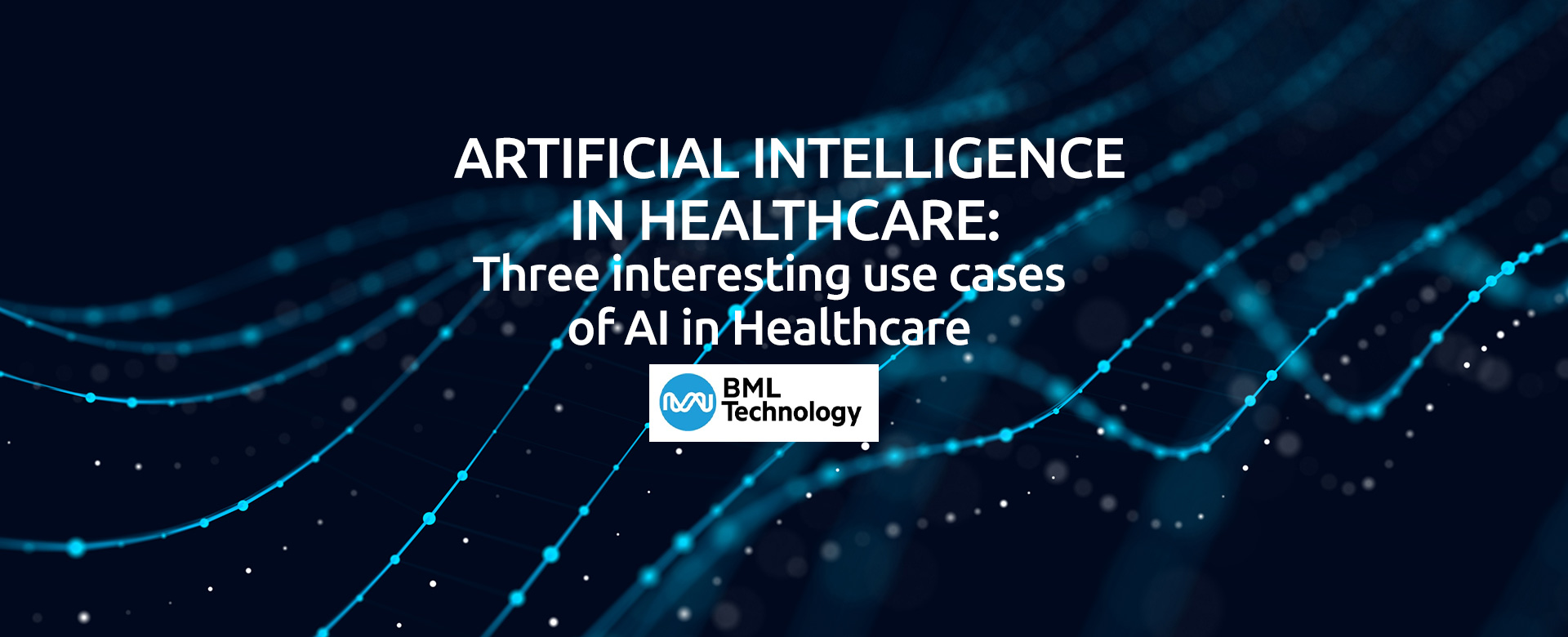For several years now, we have been hearing daily pronouncements that artificial intelligence is revolutionizing healthcare. Like it or not, hype or veritas, artificial intelligence in its many forms is penetraitng several segments of the health technology field already, and practically overwhleming the digital health industry.
This is clearly a persistent industry trend, elements of which we have covered on various occasions, most recently listing its continued expansion as one of the six key trends impacting the digital health and medical technology industry in 2022.
The full scale integration and widespread adoption, that can only come when safe and efficacious solutions have been responsibly developed and clinically validated, are still a few phases of development away. Regulators have yet to formalize the complex frameworks to allow these solutions to get to market, and healthcare professionals will need time to learn, adopt and integrate the technology while understanding and managing the risks. Nonetheless, this integration of artificial intelligence into digital health solutions has the very real potential to revolutionize the practice and delivery of healthcare.
What does Artificial Intelligence in Healthcare actually mean?
But what exactly does this mean in tangible terms? Often in the technology industry we hear about new technologies and the latest buzzwords without really understanding what they mean and how they can impact us. In this article we will provide a simple definition of what artificial intelligence is, how it is being used in the healthcare field, and more importantly, we seek to illustrate what AI in digital health looks like in practice with three interesting industry use cases.

Artificial intelligence is not one technology, but rather a collection of several including Machine Learning and Deep Learning, Natural Language Processing, Predictive Analytics, Neural Networks and more, that are being used to assist humans in clinical judgment, to help diagnose disease and even to provide treatment recommendations. It is based on the processing of large data sets, and founded on the notion that a mathematical model can find patterns or detect events in the data that are otherwise invisible to the human observer (this comes with many issues to be resolved, not least of which are the endless quest for representative data and the reduction of human bias – topics we will cover in a more detailed technical post in the future).
The Artificial Intelligence in Healthcare movement (if we can call it that) aims to work in conjunction with physicians to enhance – rather than to replace – their ability to diagnose and treat disease. We can see the possibility for myriad AI tools, devices and technologies helping caregivers deliver better patient outcomes.
BML Technology clients are transforming digital health through the use of AI
Here at BML Technology we have a privileged view into the ways that some of Quebec’s most exciting health tech startups are attempting to revolutionize their chosen clinical areas. They are doing so by leveraging the power of artificial intelligence to generate tangible clinical benefits for patients, essentially to improve outcomes. Here are a few examples of exciting Canadian startups that are building AI-based medical devices, following the challenging path towards market authorization granted by the FDA and Health Canada:
- Aifred Health, a pioneer in mental health and recent XPrize finalist, is using artificial intelligence to develop clinical decision support systems to help physicians make better treatment decisions in the care of mental health, starting with depression.
- Ditch Labs is a precision medicine startup pioneering smoking cessation with amazing technology and artificial intelligence.
- Swift Medical is revolutionizing the field of wound care management with their advanced imaging technology that uses artificial intelligence to accurately measure wound circumference, type and progress.
Many of our other clients and partners are also revolutionizing their fields by leveraging AI. These examples are only a small sample of what digital health innovators are doing here in Canada with artificial intelligence today.
Three interesting use cases of artificial intelligence in Healthcare
The three interesting use cases of artificial intelligence in healthcare below were selected because they address conditions with high prevalence in our society and poor prognoses which are unfortunately trending down. Any incremental improvement in the ability to prevent, diagnose or treat these conditions is positive, and we can see that the power of AI may make it possible. We selected three interesting use cases for this article mainly because they showcase the involvement of huge tech companies and they have received due attention. It is interesting to note that all three projects are either in R&D or clinical validation phases, and the organizations are still on the road to market authorization. Still, the scope of the projects and the attention they have been getting bodes well for the future of the technology and its impact on our field.
1. Fujifilm develops a machine learning framework for predicting the progression of Alzheimer’s disease
Predicting the progression of Alzheimer’s disease is a difficult challenge that many have attempted to solve through the usage of AI machine learning models and other means. However due to a number of challenges many of these difficulties have not been resolved.
Now Fujifilm Corporation in conjunction with Japan’s National Center of Neurology and Psychiatry (NCNP) has created an AI Learning Framework that can predict the progression from Mild Cognitive Impairment (MCI) to Alzheimer’s Disease within two years with accuracy levels of 88% for a North American cohort and 84% for a Japanese cohort.
The AI Framework uses the North American-Alzheimer’s Disease Neuroimaging Initiative (NA-ADNI), the world’s largest AD research project to train the algorithm on 3D MRI brain images and cognitive test scores. From these it correlates the images and cognitive data to generate predictions.
Alzheimer’s disease rates are growing quickly, and tools that may offer early detection can be of great assistance to individuals by allowing them to receive treatment at an earlier stage and participate in clinical trials, as well as to allow researchers to better understand the disease.
View the study: Nature

2. A real-time diabetic retinopathy screening deep learning algorithm can detect the condition as well as human specialists
Diabetic Retinopathy is the leading cause of blindness worldwide. It is a retinal disease caused by diabetes, prevalent in low-income and middle-income countries (LMICs) with lower access to testing and treatment. With early detection and treatment, vision deterioration and loss caused by the condition can be delayed or avoided.
A study conducted in Thailand (and funded primarily by Google) found that a deep learning system conducting real-time assessments of fundus photographs was able to analyze the photographs, detect diabetic retinopathy and make recommendations at a level comparable, if even slightly superior, to the human experts with an accuracy rate of 94.7% compared to 93.5% for the humans.
Accurate AI driven machine learning algorithms can help to detect diabetic retinopathy in populations and prevent the vision loss and blindness that it causes. This is especially relevant in less affluent countries that lack the physicians and specialists that can perform these tests. These types of machine learning systems can help alleviate similar challenges for this and other conditions.
View the study: The Lancet
We should not forget the important distinction between interesting research and a mature solution that is ready to be integrated into the clinical workflow of the disease. Technology Review present an important reality check here. Still, it is important to understand that these early growing pains are normal and overcoming the challenges will be necessary to achieve and adopt true clinical solutions. This work should lead to more and more research and eventual clinical validations that could change healthcare forever.

IDx-DR – The first FDA-approved autonomous artificial intelligence (AI), using its software to analyze images from a retinal camera for evidence of lesions.
IDx-DR has done this important work but they receive much less press than a project funded by a giant like Google. IDx-DR is the first device authorized for marketing that provides a screening decision without the need for a clinician to also interpret the image or results, which makes it usable by health care providers who may not normally be involved in eye care. Read the announcement by the FDA here.
3. Colonoscopies assisted by AI had a two fold reduction in the miss rate for pre-cancerous polyps
Colorectal cancer is becoming more prevalent in our society due in part to increasing rates of obesity and other factors. In Canada it is the second leading cause of death from cancer in men and the third leading cause of death from cancer in women.
Colonoscopies play a crucial role in the prevention of colorectal cancer by allowing doctors to screen for abnormalities, such as pre-cancerous polyps, and to remove them before they become deadly. The ability to improve the accuracy rate in the identification of pre-cancerous polyps is very likely to lead to improved health outcomes for patients.
Researchers at the Mayo Clinic were able to reduce their AMR (Adenoma Miss Rate) with the assistance of the AI Model from 32.4% without assistance, to 15.5% with assistance, in the randomized trial. This constitutes a significant improvement and supports AI-benefit in reducing perceptual errors for small and subtle lesions at standard colonoscopy. Due to these significant benefits, it is believed by many industry participants that utilizing some sort of AI to assist in colonoscopies is the direction in which the industry is moving.
View the study: Gastroenterology

AI integration provides a wide array of benefits to medical technology development
These three interesting use cases demonstrate some benefits of deploying AI for good in healthcare. In the first case, the AI models have highly accurate predictive capability that can empower family members and caregivers to take early action in dealing with the potential future Alzheimer’s diagnosis. In the second case the AI model can detect retinopathy at the same rate as the leading specialists in the region, thereby expanding the diagnostic capability and scope of care that can be provided to the population. In the last case, the AI model led to a two-fold reduction in the miss rate for pre-cancerous polyps during colonoscopies to reduce the future possibility of colon cancer.
Three additional interesting AI in healthcare deployments covered in our Blog
To provide additional perspective on the issue, we refer the reader to three recent artificial intelligence driven innovations covered in the BML Technology Blog that are leveraging the capabilities of AI to such an extent that the health solutions they are creating seem almost miraculous. They are:
- Neurorestore is leveraging AI to create a spinal implant device that is allowing completely paralysed individuals with severed spines to walk again.
- John Hopkins University has created a completely autonomous surgical robot that performs complex laparoscopic surgery better than a human.
- The Wyss Center has created a brain implant device that allows completely paralyzed individuals in a ‘locked in’ state to communicate using their thoughts.
It is difficult to broach a subject as broad as artificial intelligence in healthcare in one brief article. For this reason after providing the simple definition and general categories of integrations into healthcare we provided many examples of a variety of use cases dealing with all manner of health challenges and conditions. We see the AI Models making important progress and demonstrating tangible value. The road to viable clinical solutions and generalized adoption is a long one, and we are still early in the process. But the activity to date and early results are certainly encouraging.
We continue to look forward to the further integration of artificial intelligence in healthcare to deliver better patient outcomes.
About BML Technology
BML Technology understands digital health. At the intersection of medical technology, clinical research and patient-centric healthcare BML drives the mainstream adoption of digital technology in healthcare. Offering a full range of services to the digital health ecosystem BML manages the complex stakeholder interactions necessary to get digital health solutions to market and gain adoption.
Stay Connected with BML Technology.
Connect with BML Technology on LinkedIn.


